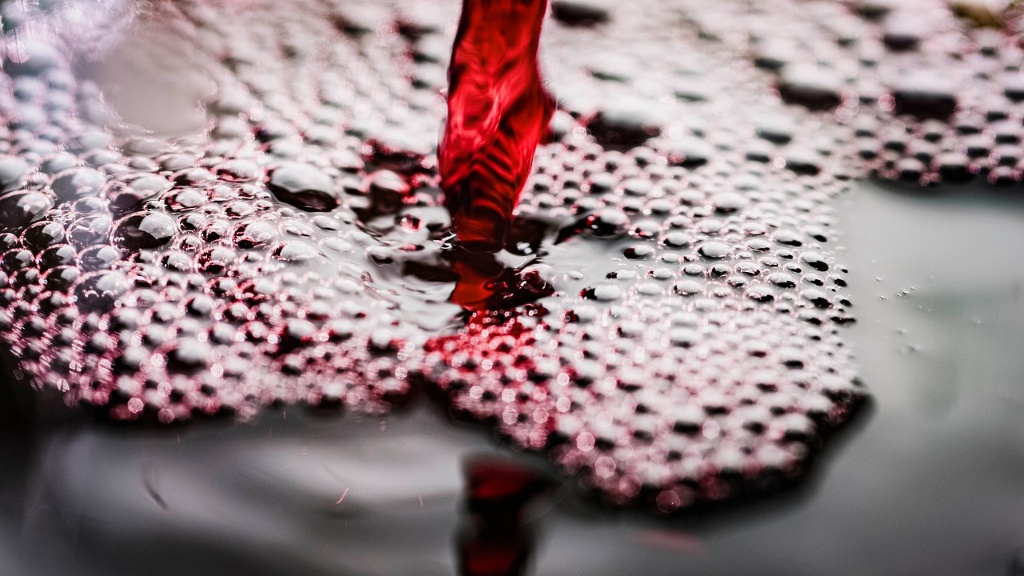Discovering The Best Wineries In Florence, Italy
Are you a wine lover longing for a remarkable experience in Italy? Do not miss the chance to discover the best wineries in Florence, where you can indulge in Tuscany\'s finest wines. Florence is not

Are you a wine lover longing for a remarkable experience in Italy? Do not miss the chance to discover the best wineries in Florence, where you can indulge in Tuscany\’s finest wines. Florence is not only known for its historical landmarks and cultural heritage; it is also a haven for wine enthusiasts. With an abundance of vintage vineyards in the city and its surroundings, it is hard to know where to begin. We have compiled a guide to the best wineries Florence has to offer.
The first on our list is the Antinori Winery. This winery is one of the oldest and most renowned in Tuscany, dating back to the early 14th century. It is now run by the Antinori family, who has kept the tradition while innovating their wine-making techniques. Their signature wine, Tignanello, is a blend of Sangiovese, Cabernet Sauvignon, and Cabernet Franc that reflects the elegance of Tuscan wine. Do not miss the opportunity to visit their vineyards and taste some of their best wines while enjoying stunning views of the Chianti countryside.
The next winery on our list is Castello di Nipozzano, located in the hills of the Rufina region. This estate, owned by the Frescobaldi family, dates back to 1024 and has a rich history in producing exceptional wines. The winery\’s signature wine, Montesodi, is made from 100% Sangiovese grapes grown in the heart of the Chianti Rufina area. Along with the wine tastings, visitors can enjoy a guided tour of the castle, where they can learn about the history and the wine-making process.
If you would like to explore a winery that blends tradition with modernity, head to Tenuta Torciano. This winery, located in San Gimignano, is famous for its wine tastings and cooking classes. The winery also offers wine therapy, a unique experience that involves bathing in red wine, which is believed to have numerous health benefits. The owner, Pierluigi Giachi, uses cutting-edge technology combined with centuries-old winemaking techniques to create an all-around unique experience for visitors.
Another winery worth noting is the Carpineto, a family-run winery located in the Chianti Classico area. The winery produces some of the finest wines in the area, including its famous Vino Nobile di Montepulciano, combining tradition and innovation to make outstanding wines. Visitors can tour the vineyards or participate in wine tastings and cooking classes in the unique setting of the winery\’s cellar.
The Best Time to Visit the Wineries
The best time to visit the wineries in Florence is during the autumn months, from September to November. This period marks the harvest season, where the vineyards are buzzing with activity, and the grapes are ripe for picking. You can enjoy the vibrant atmosphere, participate in the grape-picking, and even join the fermentation process. Most wineries offer tours during the harvest season, making it a great time to learn more about the wine-making process.
Wine Tasting Tips
Wine-tasting can get overwhelming, especially for first-timers. It is essential to follow some wine-tasting protocols. First, drink water between tastings to cleanse your palate. Second, hold your wineglass at the stem to avoid warming up the wine. Third, swirl the wine in your glass before sipping it to aerate it and release its aromas. Most importantly, do not be afraid to ask questions about the wines and the winemaking process.
Culinary Delights
Florence offers a variety of culinary experiences that you cannot miss. Pair your wine with the area\’s staples, such as pasta dishes like ribollita, a vegetable soup, or pappardelle al cinghiale, a wild boar pasta. You can also try some of the famous Tuscan charcuterie, such as prosciutto or finocchiona salami. For those with a sweet tooth, cantucci biscuits dipped in vin santo make for an excellent dessert.
The Art of Aging Wine
The ageing process is a vital step in wine-making that brings out different flavours and aromas. Different types of wine require different ageing methods. For example, the Chianti Riserva wine, like other red wines, requires ageing in oak barrels for at least two years. White wines, on the other hand, require less time to mature and need stainless steel barrels rather than oak barrels. Ageing wine requires patience and precision, and experienced winemakers devote years to perfecting it.
The Role of Soil in Wine-making
Soil plays a crucial role in wine-making, as the grapes grow directly from the earth. The soil type, composition, and irrigation method all affect the taste and quality of the wine. The Chianti Classico region\’s soil, for example, is characterized by limestone, clay, and gravel, producing a full-bodied Sangiovese with a firm texture. In contrast, the soils of other regions produce different types of wines with unique flavours and aromas.
The Fascinating World of Wine-making
Visiting the wineries in Florence is not only a great opportunity to taste the finest wines in Tuscany but also to explore the winemaking world. It is fascinating to learn how every vineyard works differently to create their signature wines. From the moment the grape is planted, up to the ageing process, there are many factors to consider. Tasting the wines of Florence\’s prestigious wineries is an unforgettable experience that will leave visitors with a newfound appreciation for the world of wine-making.

